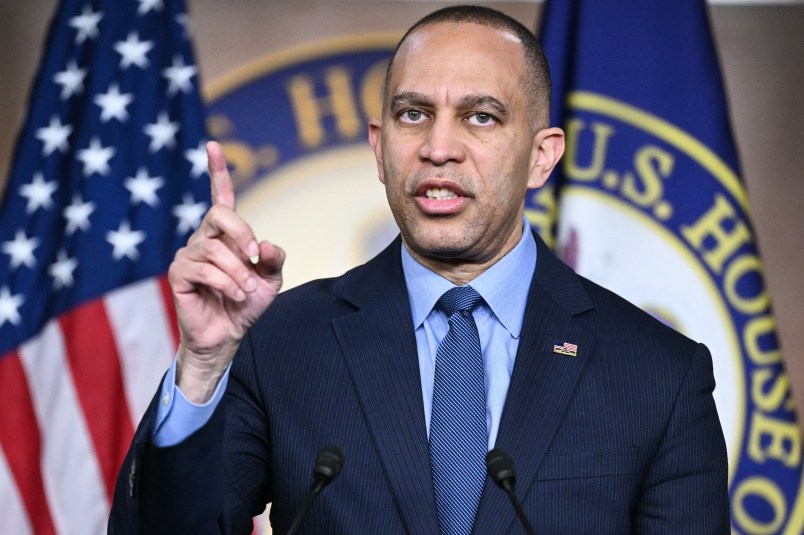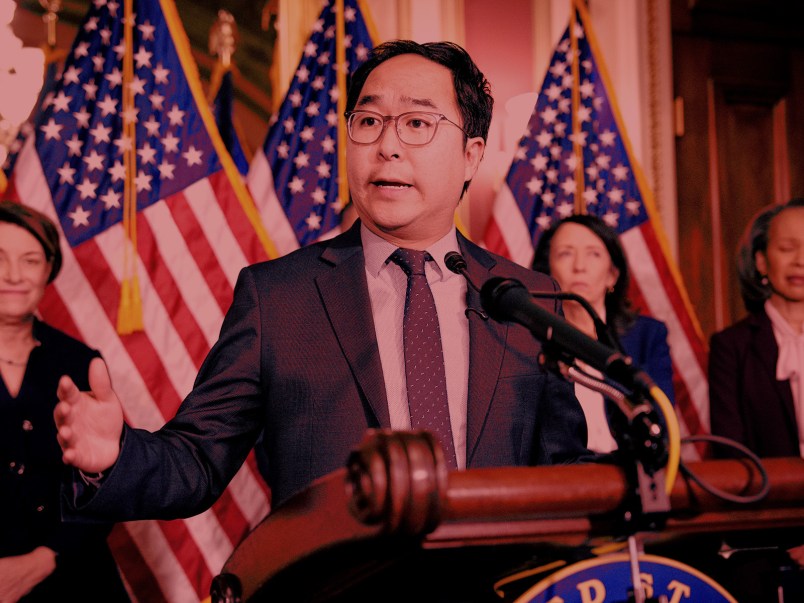
by Ola Williams Abuja-
Federal Government Overhauls Education System, Minister Alausa Announces 12-Year Basic Education Model…
ABUJA, February 7, 2025 – In a landmark move to reshape Nigeria’s educational landscape, the Federal Government announced the elimination of Junior and Senior Secondary Schools in favor of a compulsory 12-year uninterrupted basic education system. The sweeping reform, which replaces the long-standing 6-3-3-4 structure with a 12-4 model, aims to ensure that every Nigerian child is better prepared for higher education and the workforce.
Speaking at the 2025 extraordinary National Council on Education meeting in Abuja, Minister of Education Dr. Tunji Alausa explained the rationale behind the policy shift. “Extending basic education to 12 years will ensure a standardized curriculum that is uniformly implemented across the nation,” he said. “This will also facilitate early exposure to vocational and entrepreneurial skills, preparing students for both higher education and employment.”
Dr. Alausa emphasized that integrating secondary education into the basic education framework will enable uninterrupted learning until the age of 16, aligning Nigeria with global best practices. “Many developed nations have implemented similar systems where basic education spans 12 years, ensuring that students acquire foundational knowledge before specializing at tertiary levels,” he noted.
The government is also seeking the National Council on Education’s approval to establish 16 years as the minimum entry age for tertiary institutions. This additional measure is expected to reduce dropout rates and mitigate the financial and systemic barriers that have historically contributed to premature school departures. “Educated youth contribute significantly to national development,” Dr. Alausa added.
“When students receive an extended period of compulsory education, they are better equipped to join the workforce with relevant skills. This reform will also reduce child labor and other social vices resulting from premature school dropouts.”
The meeting, attended by education commissioners from Nigeria’s 36 states and the Federal Capital Territory (FCT), as well as representatives from various agencies, parastatals, and development partners, underscored the collaborative efforts necessary to implement the reform successfully.
Key strategies outlined include policy reforms, infrastructure expansion, comprehensive teacher training and recruitment, enhanced funding and partnerships, and a robust curriculum enhancement plan.
As Nigeria embarks on this ambitious overhaul, policymakers and educators alike are optimistic that the new education model will foster improved learning outcomes, drive economic and social development, and bolster the nation’s global competitiveness.






